962-7983-18423+
24/7 دعم
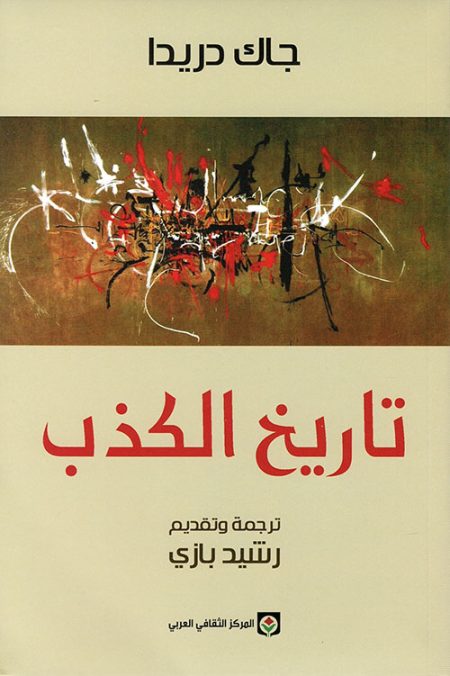
This book offers an in-depth philosophical analysis of the concept of lying and its role in language, history, and human culture. Through Derrida’s critical perspective, the reader explores the relationship between truth and illusion and how human perceptions are shaped by discourse and deception.
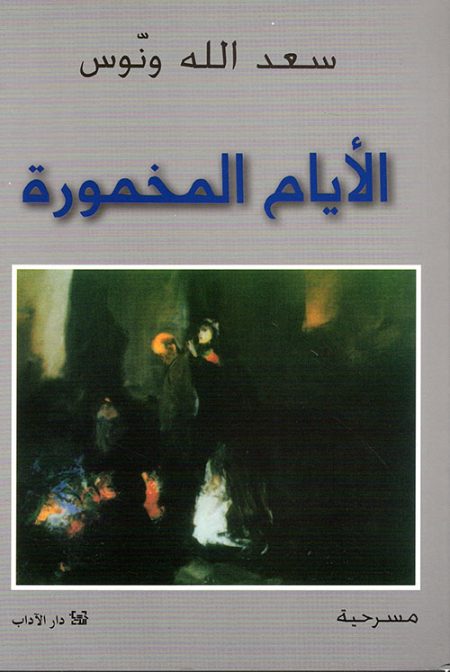
These texts reflect on life, human anxieties, and daily defeats, employing a dense language that blends irony, bitterness, and critical awareness. The work reveals a profound inner struggle with reality and the self, transforming personal experience into an open-ended intellectual inquiry.

This book traces the relationship between a son and his father through profound reflections on memory and solitude, an inward journey exploring the impact of absence on identity formation. It’s a text where the personal and the philosophical intersect, transforming the details of everyday life into questions about meaning and belonging.
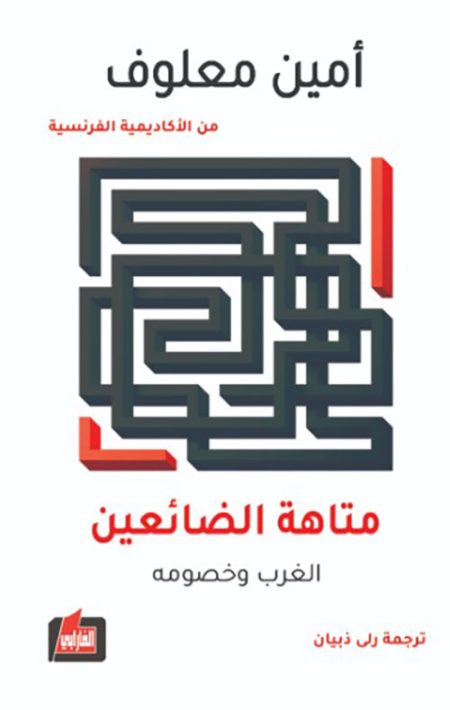
He offers an in-depth reading of the transformations of the modern world and the clash of identities, analyzing the roots of global turmoil and the strained relationship between East and West. He raises questions about the future of humanity in light of rising intolerance and the decline of the values of dialogue.
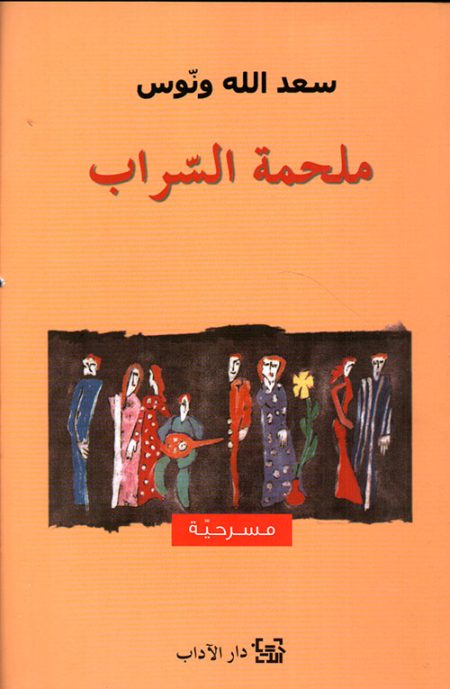
It is a dense dramatic text that reveals humanity’s struggle with illusion and power, exposing the mechanisms of collective deception and how hope transforms into a mirage that consumes consciousness and leads to defeat.
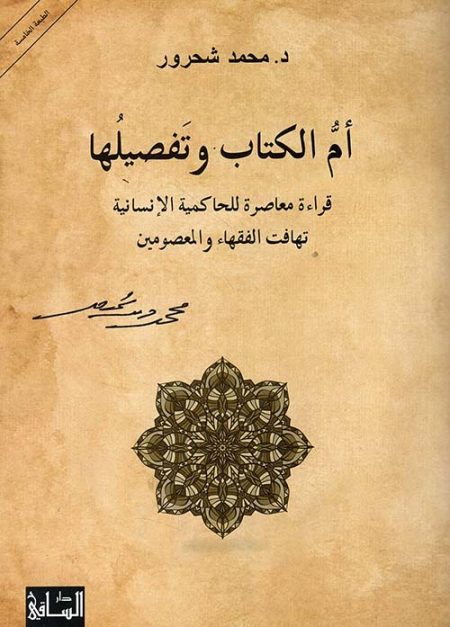
This work presents a new reading of the Qur’anic text from a contemporary human perspective, highlighting the concept of sovereignty as a human value system rather than a priestly authority, and calling for the liberation of religious understanding from doctrinal constraints and traditional interpretations.
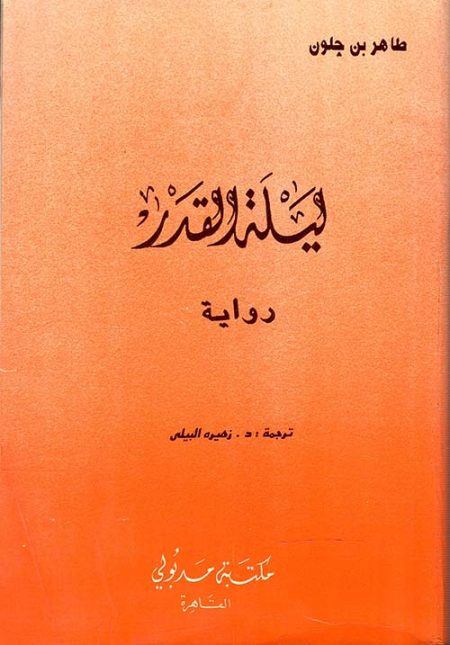
This novel recounts the journey of a young man searching for freedom and dignity in the face of social and religious constraints, reflecting humanity’s struggle against injustice and tradition in pursuit of self-realization and an understanding of the meaning of life.
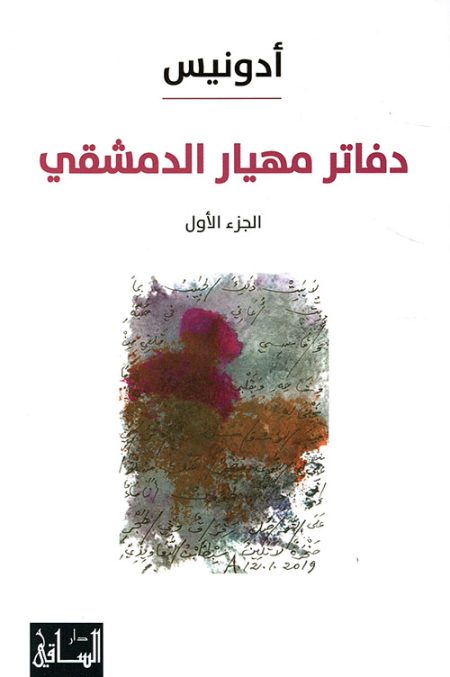
A philosophical poetic work that redefines the relationship between the poet and the world, blending symbolism with reflection on existence and identity. His texts are imbued with rebellion and renewal, and open up intellectual horizons that transcend the familiar.
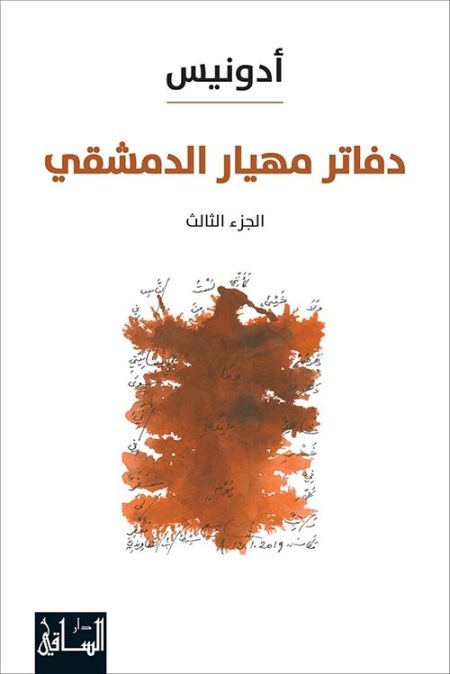
A poetic journey that transcends the boundaries of language and tradition, exploring the essence of humanity and the universe in a balance between myth and contemplation. The text carries profound intellectual visions that pulsate with renewal and the search for meaning.
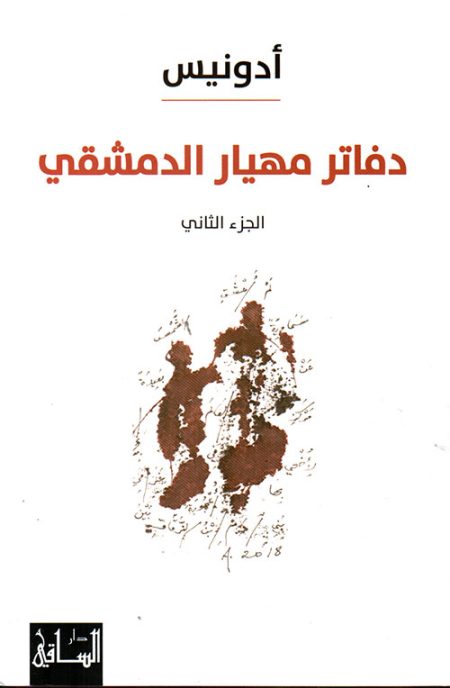
These are poetic texts that contemplate the meaning of self and existence, delving into myth and spirit in search of a new identity for the word. They combine linguistic experimentation with philosophical vision in a perpetual dialogue with the world.
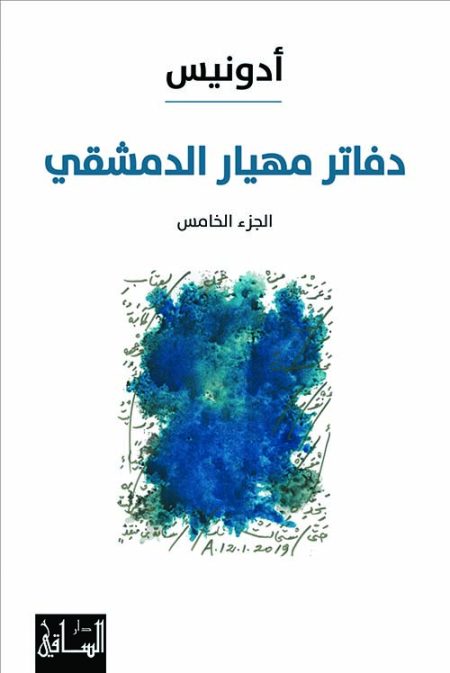
This collection of poems contemplates human depth, time, and identity, blending linguistic experimentation with intellectual symbolism. The texts carry philosophical dimensions that reflect the struggle of the soul with reality and existence.
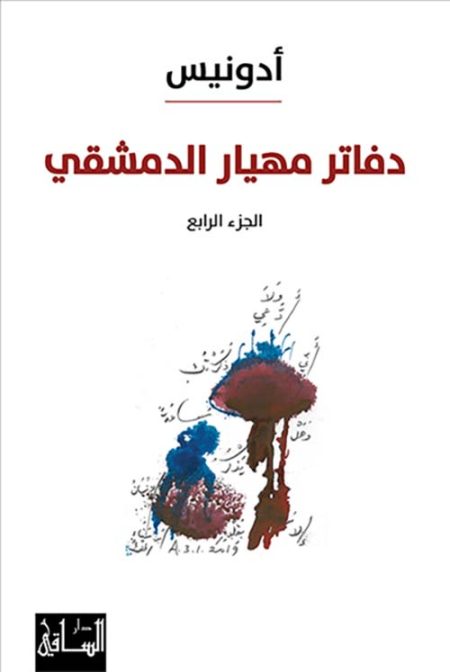
These are poetic and intellectual texts that contemplate humanity, time, and existence, blending symbolism with linguistic experimentation. The works carry a profound philosophical vision that reflects the struggle of the soul with reality and identity.
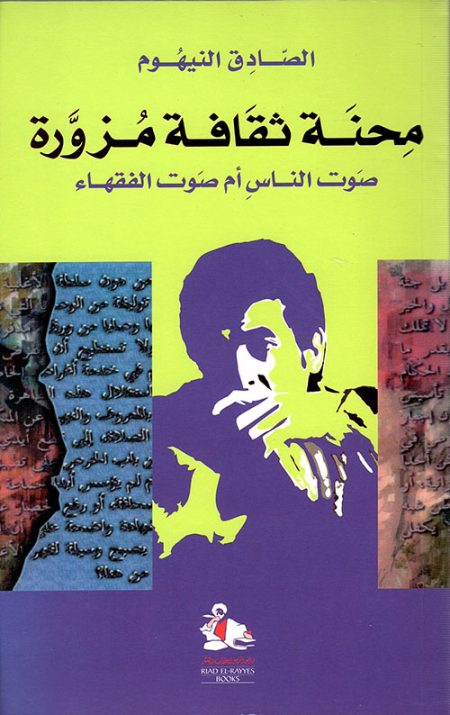
This book discusses the problematic nature of religious and social discourse, comparing the simple understanding of religion among the people with its monopolization by religious scholars, revealing the impact of this on consciousness, culture, and public life, in a bold and analytical critical style.
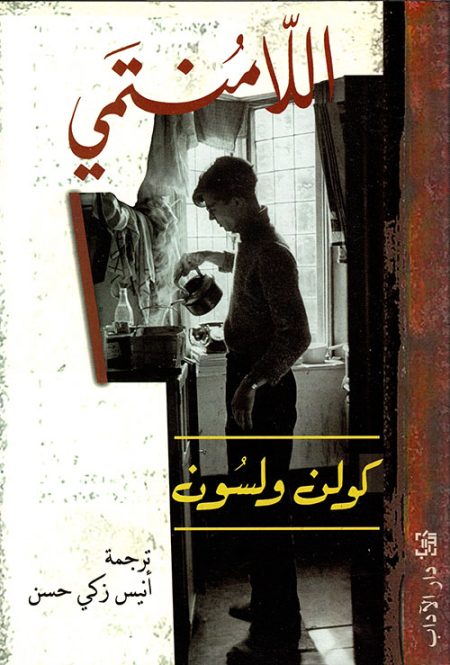
This book addresses the human journey toward liberation from social and cultural constraints, exploring internal conflicts and the desire for self-realization. It also discusses the concepts of consciousness, creativity, and free choice in the face of societal pressures.
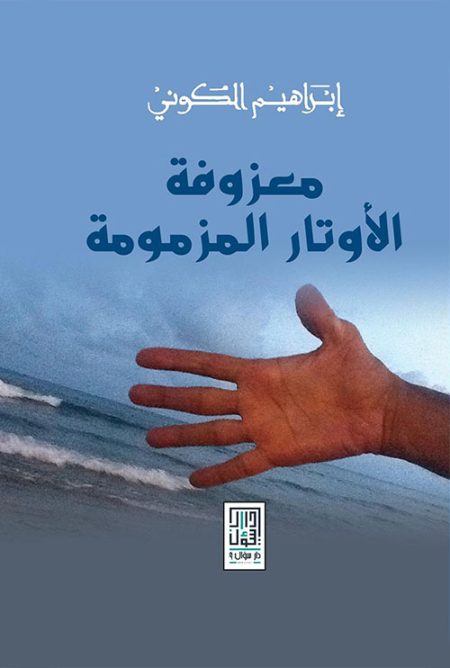
The work presents a spiritual journey where myth intersects with contemplation of human destiny, through a profound narrative that delves into the meaning of existence and the soul’s struggle with its hidden constraints. From this emerges a poetic vision that reshapes the world as a symphony where pain and wisdom intertwine.
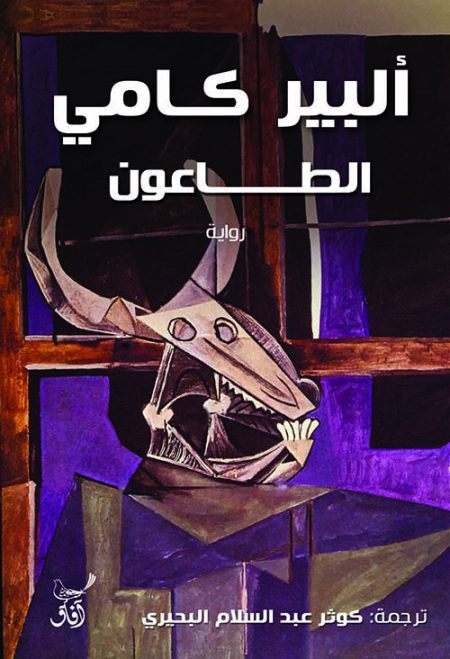
The novel depicts a city struck by the plague, exploring humanity’s struggle with death, fear, and suffering. A philosophical text that raises questions about ethics, responsibility, and human solidarity in the face of disaster.